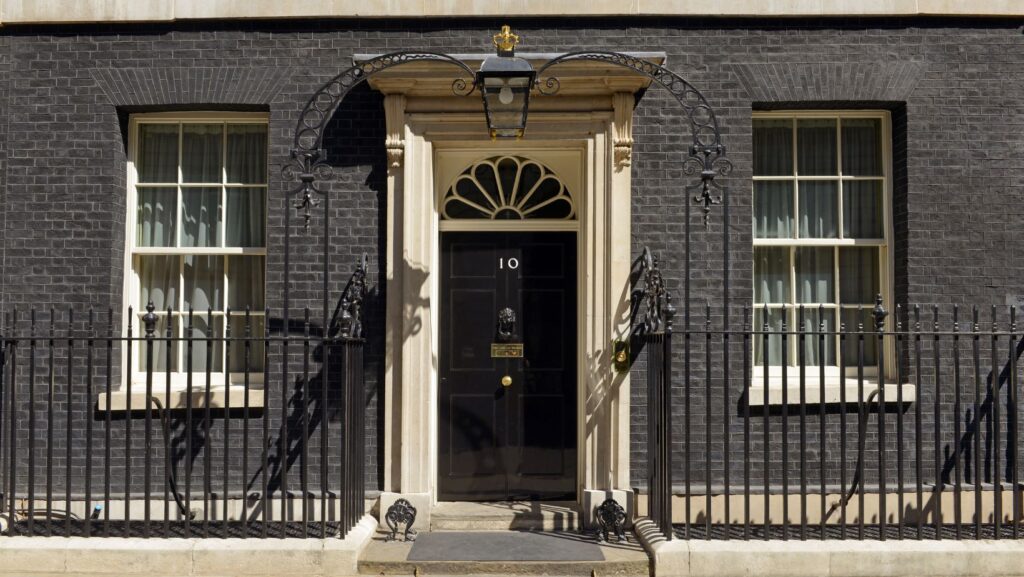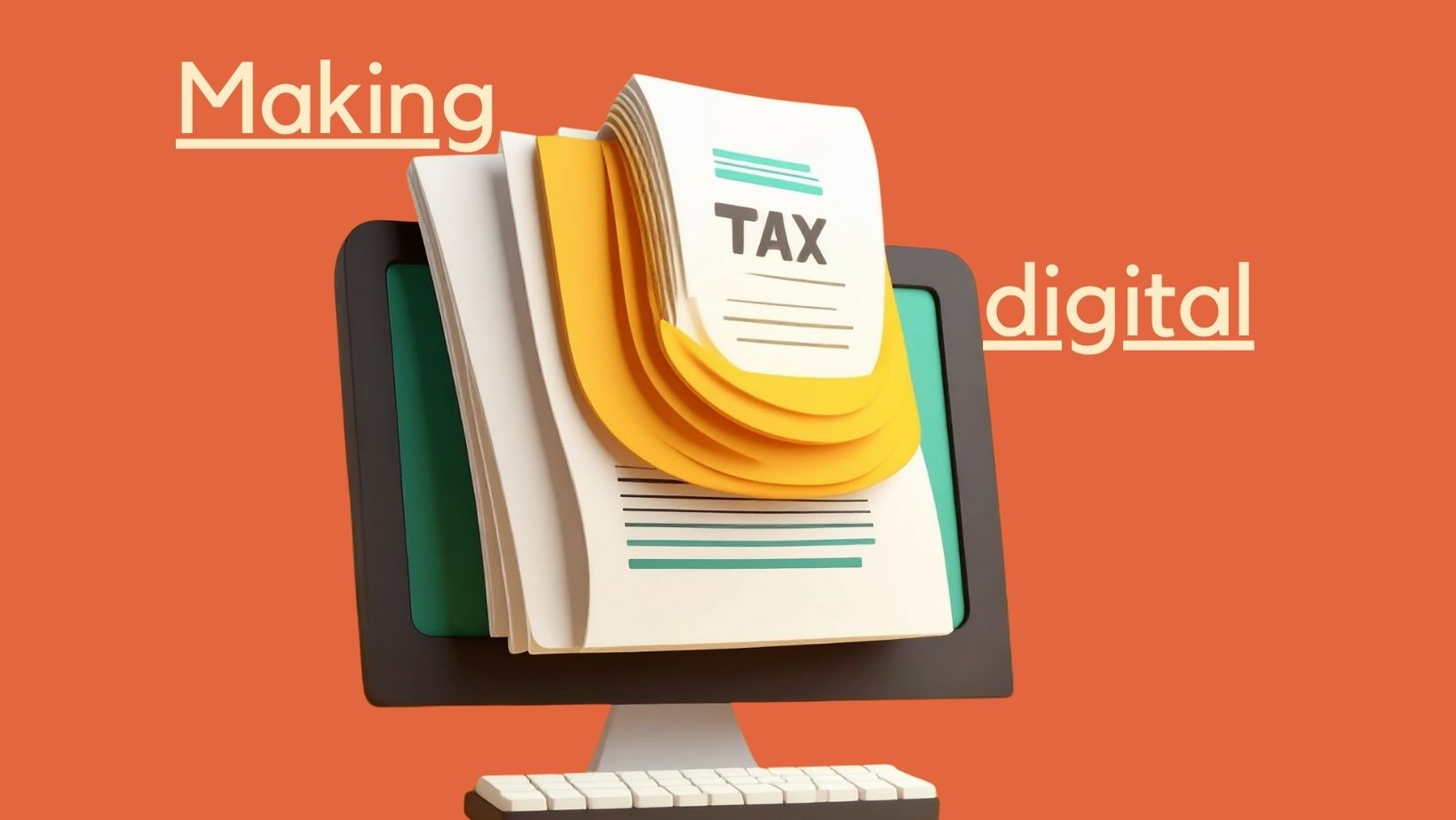The UK’s first Autumn Budget under Labour since 2010 has set a decisive tone for the nation’s economic direction. Delivered by our first ever female Chancellor of the Exchequer, Rachel Reeves, an economist and former Bank of England analyst, the budget combines her financial expertise with Labour’s vision for sustainable growth and social fairness. Plugging the so-called £22bn “black hole” in the nation’s finances.
In this article, Companion Accountancy unpacks the major updates, helping individuals and businesses understand how these changes will influence the economic landscape and affect daily financial decisions.
Inflation and economic growth forecasts
According to the Office for Budget Responsibility (OBR), inflation is expected to stabilise over the next few years. Projected Consumer Price Index (CPI) inflation is set to average 2.5% this year and slowly decrease to the government’s 2.0% target by 2029. However, growth expectations from the OBR for the next two years are notably higher than anticipated by the Bank of England, which may affect interest rates. If inflation remains higher, the Bank of England may adjust its plans for reducing interest rates, potentially affecting borrowing costs for businesses.
Wage increases: Higher minimum wages on the horizon
From April 2025, the National Living Wage for individuals aged 21 and over will increase by 6.7%, rising from £11.44 to £12.21 per hour. Additionally:
- Workers aged 18 to 20 will see a wage increase from £8.60 to £10.00 per hour.
- Apprentices will benefit from the most substantial rise, with their hourly rate increasing from £6.40 to £7.55.
These wage increases will affect labour costs for businesses, especially those relying on younger workers or apprentices. However, they also aim to help improve living standards and encourage employment in various sectors.
Income tax and personal allowance thresholds
Personal tax thresholds will be indexed to inflation in 2028/2029, allowing some adjustment for cost-of-living increases. However, prior freezes remain in effect, which means individuals won’t see increases in their personal allowances until then. With annual salary inflation rates of around the 3-4% mark this will result in more employees falling into higher tax thresholds, a way to increase tax revenues without raising the rates.
Increased employment allowance
To help businesses manage rising wage costs, the government is doubling the Employment Allowance from £5,000 to £10,500. This allowance helps reduce the amount of National Insurance contributions (NICs) that smaller employers need to pay. Any business with an employee, or two directors, will receive a higher Employers NIC rebate. Any company with an NIC bill more than £100k does not qualify, so this will be an increased relief for smaller sized businesses or those with few employees. For around 865,000 businesses, this increase means paying no NICs in the next year, which could offer significant savings.
Increases to National Insurance Contributions (NICs)
Employers’ NICs will increase from 13.8% to 15%. Additionally, the threshold for NICs will be lowered, meaning businesses will now start paying NICs on employee earnings above £5,000 instead of the previous £9,100. Small businesses will see higher payroll taxes because of this increase, which could impact hiring costs.
Business Asset Disposal Relief and Capital Gains Tax (CGT)
Business Asset Disposal Relief (BADR), formerly known as Entrepreneurs’ Relief, is a tax relief in the UK that allows eligible individuals to pay a reduced rate of Capital Gains Tax (CGT) – currently 10% – on profits made from selling or “disposing of” all or part of a business. Announced in the budget Business Asset Disposal Relief will remain at 10% this year, before rising to 14% in April 2025 and to 18% from 2026/27, maintaining a significant gap compared to the higher rate of CGT.
The lower CGT rate will rise from 10% to 18%, while the higher rate will go from 20% to 24%. However, rates for residential property sales will stay unchanged at 18% for basic-rate taxpayers and 24% for higher-rate taxpayers.
Inheritance tax and property relief changes
Inheritance tax thresholds will be frozen until 2030, allowing estates worth up to:
- £325,000 to be passed on tax-free
- £500,000 for those passing on a home to direct descendants
- Up to £1million for married couples and civil partners
Ending non-domiciled tax status
The “non-dom” tax status, which previously allowed UK residents with permanent homes abroad to avoid UK tax on their foreign income, will be abolished in April 2025. In its place, the government will implement a new residence-based tax system with competitive terms for those temporarily in the UK. This move may affect some small businesses employing internationally based workers or contractors.
Other
Stamp Duty:
The surcharge for second-home purchases will rise from 3% to 5%, affecting individuals and businesses looking to invest in additional properties.
VAT on private schools:
Beginning January 2025, private school fees will be subject to VAT, and private schools will lose their business rates relief in April 2025. This could impact any business partnerships with private educational institutions.
Business rates update:
The 75% discount on business rates is set to expire in April 2025, and will be replaced by a 40% discount, capped at £110,000. While this change is intended to reduce the financial hit, businesses with significant property-based expenses may see their rates nearly double. This adjustment is especially relevant for retail, hospitality, and other property-dependent sectors. This makes efficient cash flow planning crucial.
Corporation tax rates:
Rachel Reeves confirms the corporation tax rates continue to be capped at 25% with the Annual Investment Allowance remaining at £1million.
Investments in HMRC:
Modernising HMRC systems with extra HMRC compliance officers, going after debt and tax avoidance schemes set to raise an extra £6.5billion.
We know that a new budget from the government can feel like a spanner has been thrown in your works. Reach out to our Companion Accountancy and Business Services team to steer through the changes from this year’s Autumn Budget with confidence and clarity.
From small business owner assessing how new tax adjustments impact your finances or an individual wondering about personal allowances, our team can provide clear, actionable guidance tailored to your unique circumstances.





